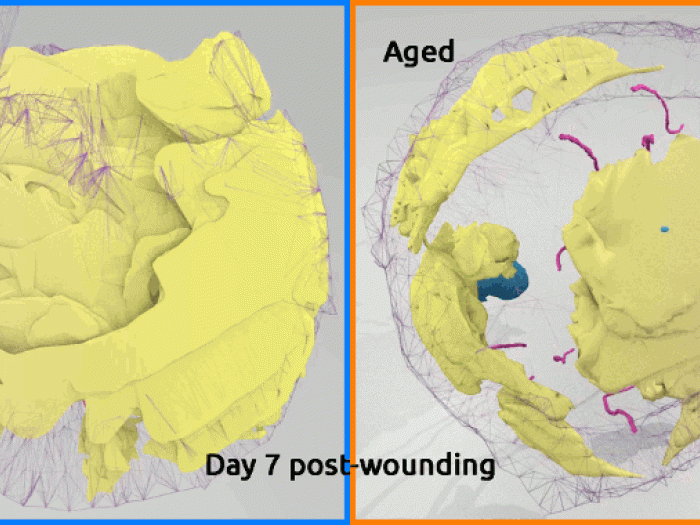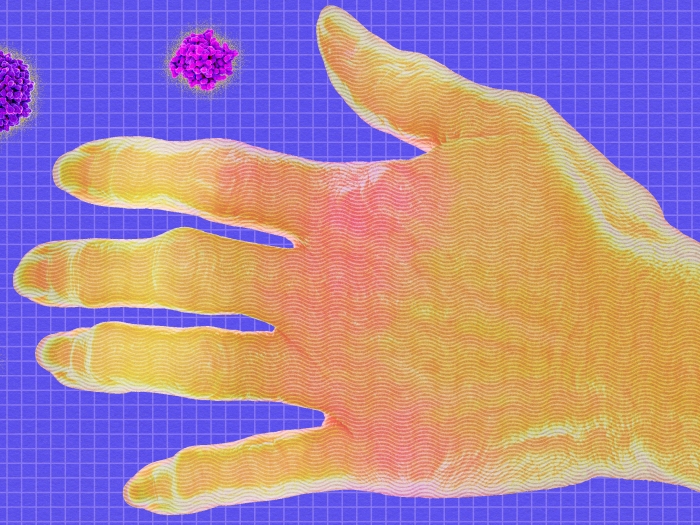A new study examines dermal injections and their impact on skin aging
4:08 PM
Author |

Chronic exposure of human skin to ultraviolet light causes premature aging, or photoaging. As the skin undergoes photoaging, type I collagen bundles, which are found in the dermis beneath the top layer of the skin and provide strength and support to skin, become fragmented. This leads to wrinkles, fragility and loss of support and elasticity.
“The best way to prevent damage to type I collagen by sunlight is to wear sunscreen consistently, daily if possible and particularly when spending time outdoors,” said Frank Wang, MD, the William B. Taylor Endowed Professor of Clinical Dermatology at U-M Medical School.
Experts observed in a new study that injection of the most popular type of dermal filler, cross-linked hyaluronic acid, into photoaged skin could reverse the dermal changes associated with photoaging.
These fillers are typically injected into the skin to reduce lines and wrinkles. They are thought to provide clinical improvement by adding volume to the skin, but researchers have found that cross-linked hyaluronic acid also stimulates production of new type I collagen in the dermis.
The filler does so rapidly, stimulating collagen production within several weeks of injection, and is long-lasting, promoting the accumulation of more collagen over the course of a year.
These findings indicate how the filler improves the appearance of skin in the short-term — a combination of space-filling and collagen. Additionally, since newly formed dermal collagen lasts many years, the findings also provide insight into how the filler can promote long-term clinical improvement, months or even a year after injection.
“A single injection of cross-linked hyaluronic acid dermal filler can lead to rapid and long-lasting improvement of skin by stimulating collagen deposition, and furthermore, repeat injections may add more collagen, eventually reducing the need for re-treatment,” Wang said.
Additional authors include Thy Thy Do, Noah Smith, Jeffrey S. Orringer, Sewon Kang, John J. Voorhees, and Gary J. Fisher, all of the U-M Department of Dermatology.
Funding/disclosures: Galderma donated cross-linked hyaluronic acid-containing syringes for research purposes but had no involvement in the design or conduct of the study or in the collection, management, analysis, and interpretation of the data. Galderma was not involved in the preparation or review of the manuscript. This study was supported by the University of Michigan Department of Dermatology Cosmetic Research Fund; and a Career Development Award from the Dermatology Foundation.
Citation: “Implications for cumulative and prolonged clinical improvement induced by cross-linked hyaluronic acid: An in vivo biochemical/microscopic study in humans,” Experimental Dermatology. DOI: https://doi.org/10.1111/exd.14998

Explore a variety of health care news & stories by visiting the Health Lab home page for more articles.





